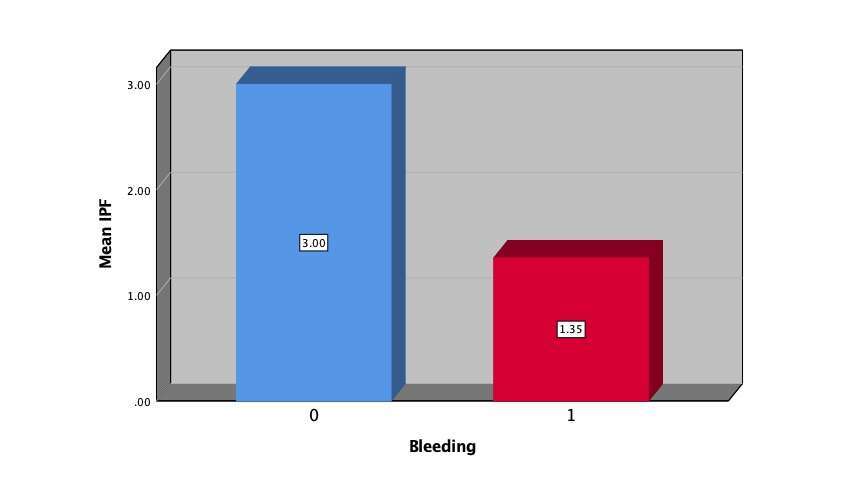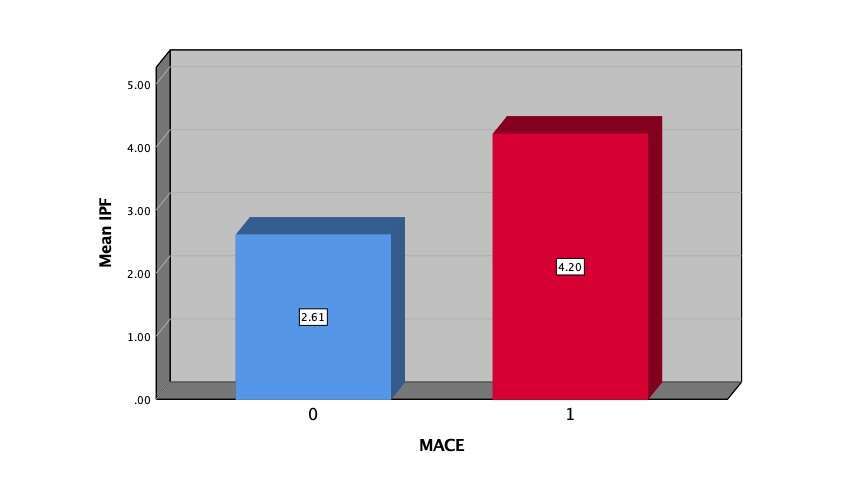
Prognostic Significance of Immature Platelet Fraction Levels in Patients with Stable Coronary Disease and Diabetes Mellitus
2Cardiology, Assuta Ashdod
Introduction: Levels of immature platelet fraction (IPF) increase during high platelet turnover conditions, such as during bleeding events or arterial thrombosis formation, as in events of acute coronary syndrome. Patients with diabetes mellitus (DM) are particularly prone to recurrent ischemic events. Therefore, the aim of this study is to examine the prognostic significance of levels of IPF among patients with stable coronary disease (SCAD) and DM over time.
Methods: This prospective observational study consisted of patients with SCAD and DM, who visited the cardiology outpatient clinics of the Rabin Medical Center for a routine follow-up visit between June 2016 and February 2017.
Data was collected regarding clinical and demographic variables, as well as chronic medications received.IPF levels were measured as part of the complete blood count, using flow cytometry.
Patients’ outcomes were evaluated 2 years after their visitand consisted of bleeding events and major adverse cardiovascular events (MACE), which included death, myocardial infarction, cerebrovascular accident and target vessel revascularization. These were correlated with levels of IPF. The bleeding events were classified by the Bleeding Academic Research Consortium (BARC) definition.
Results: The study included 107 patients, their average age was 71.2±9.6 years with predominance of male gender (78%).84% had hypertension, and 91% had dyslipidemia. During the follow up period, there were no mortality cases. However, IPF was significantly higher among patients who had suffered from a MACE (4.20% vs. 2.61%, p=0.02), and lower in patients who had suffered from bleeding events, compared with those who had not (1.35% vs. 3.00%, p=0.003).
Conclusion: In stable coronary artery disease patients with DM, levels of IPF are associated with higher risk of MACE, and inversely correlated with risk of bleeding. Further studies are warranted regarding the therapeutic implications of this observation.



Powered by Eventact EMS